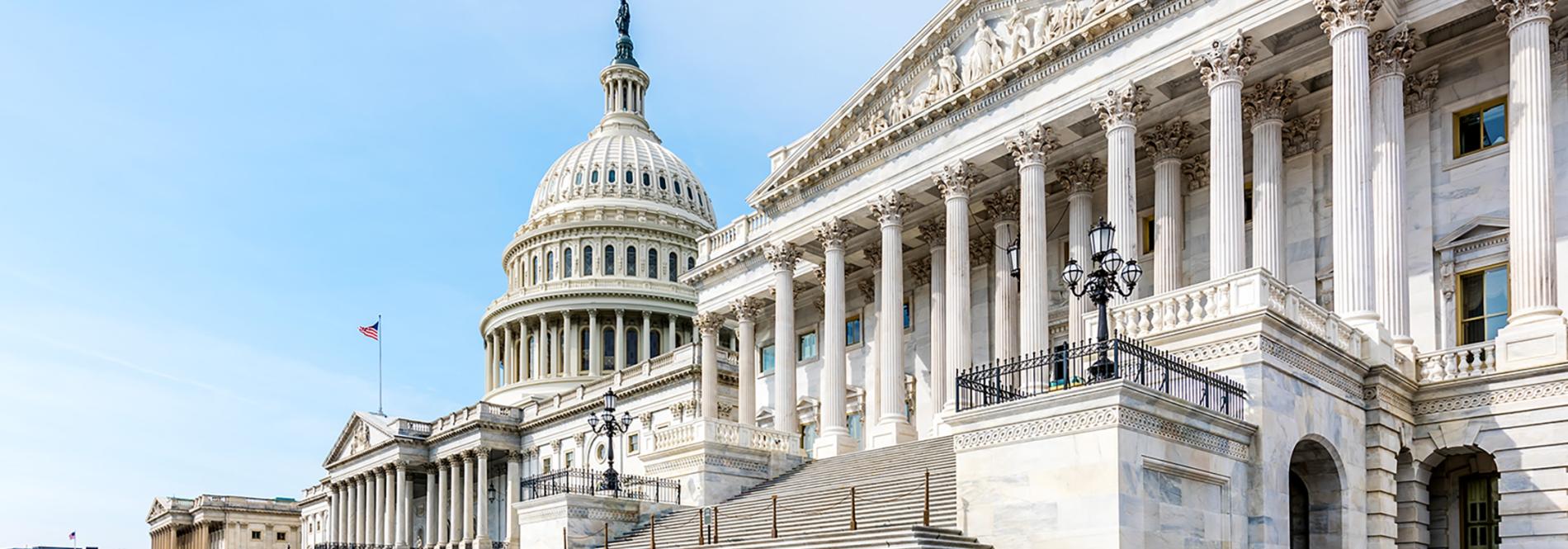
DURANGO, Colo. – The Federal Energy Regulatory Commission (FERC) ruled on Friday that La Plata Electric Association’s complaint at the Colorado Public Utilities Commission (PUC) may proceed against its power provider Tri-State Generation and Transmission Association (Tri-State).
Last November, LPEA filed a formal complaint with the PUC because Tri-State failed to provide an exit charge to help the utility evaluate its future. In response, Tri-State filed a motion to dismiss the complaint, arguing that FERC has jurisdiction over these matters, not the PUC. The PUC ruled it did in fact have jurisdiction over the complaint, denying Tri-State’s motion to dismiss the case. But Tri-State also went directly to FERC, seeking to preempt the PUC’s jurisdiction over the complaint. On Friday, FERC sided with LPEA and the PUC, ruling that the PUC’s jurisdiction is not currently preempted, and the complaint can proceed to a hearing at the PUC.
“We are thrilled our complaint against Tri-State can proceed to a formal hearing, so we can obtain a just, fair and reasonable exit charge,” said Jessica Matlock, LPEA CEO. “Since we don’t have an exit number, we can’t determine the best course of action for our members. LPEA has a strategic goal to reduce carbon 50% by 2030 while remaining cheaper than 70% of our Colorado cooperative peers, and to achieve this we have to explore every option available.”
Tri-State currently supplies LPEA with 95% of its power under a contract that runs through 2050. In 2018, more than half of that power – roughly 56% – came from coal, a higher percentage than other electricity providers in Colorado. Tri-State’s credit rating was also recently downgraded by S&P, another cause for LPEA concern.
“Our current contract ties us to Tri-State’s generation portfolio, and caps the amount of cheap, clean power we can generate locally to just 5% of our total energy demand,” said Matlock. “This denies us a massive opportunity to create jobs, boost the local economy, partner with education institutions on developing clean energy, and become more resilient in case of future emergencies. The ongoing COVID-19 pandemic is only serving to highlight how important those things are. We have a dedicated community of people and organizations eager to invest, innovate, and generate much more electricity than we are currently allowed. We would love to partner with them to grow this local industry, but until we have an unbiased exit number developed by a regulatory body, we cannot evaluate our future and what is in the best interests of our members.”
LPEA anticipates direction from the PUC soon regarding next steps and an evidentiary hearing following this decision from FERC.
